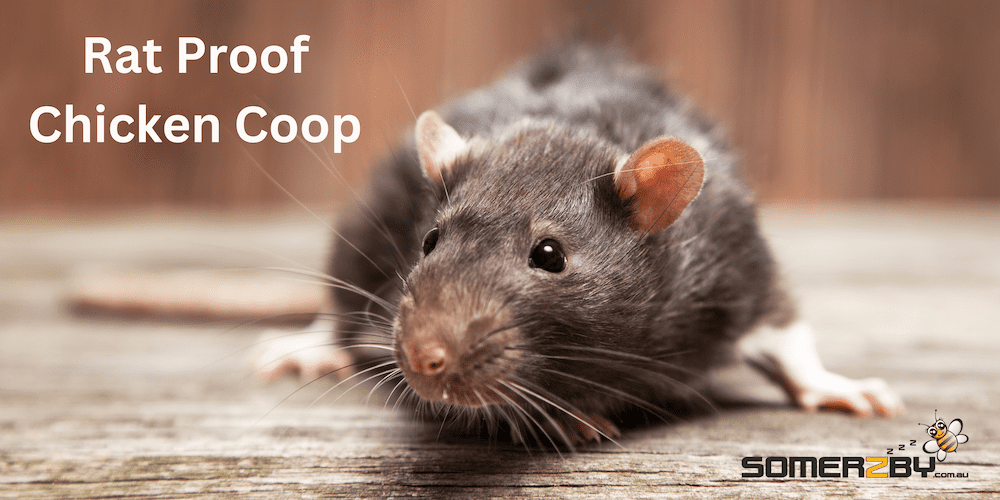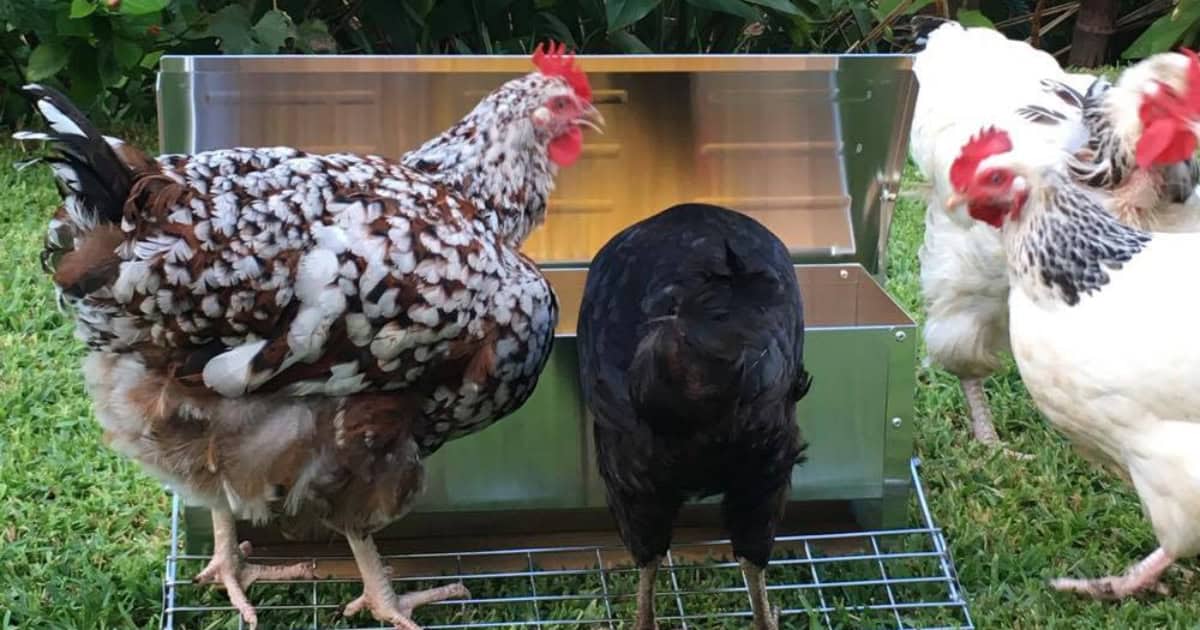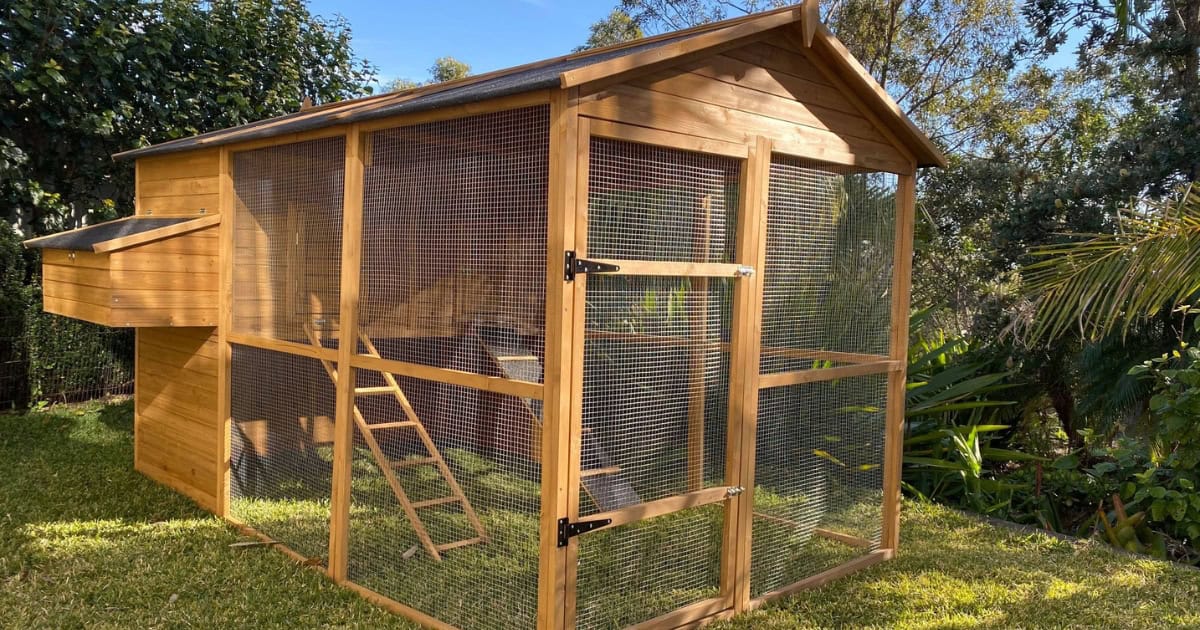Chickens, Info Guides, Rats
How To Rat Proof a Chicken Coop
Rats can be an unwelcome nuisance in any outdoor space, especially one that includes poultry.
Protecting your chickens and keeping them safe from rats is essential to having a successful backyard flock. Fortunately, there are steps that you can take to ensure your feathered friends have a rat-free home!
In this blog post, we’ll discuss the best methods for rat proofing your chicken coop and provide tips on how to keep the furry rodents at bay.
Know your Enemy
Before we learn how to get rid of rats, we must understand the basics of their behavior. Rats are a common pest that can be found in chicken coops, warehouses, and wall cavities all around the world.
They are actually quite intelligent, social creatures with incredible memories – they can remember pathways, faces, and sounds. They are incredibly resourceful when it comes to navigating their surroundings.
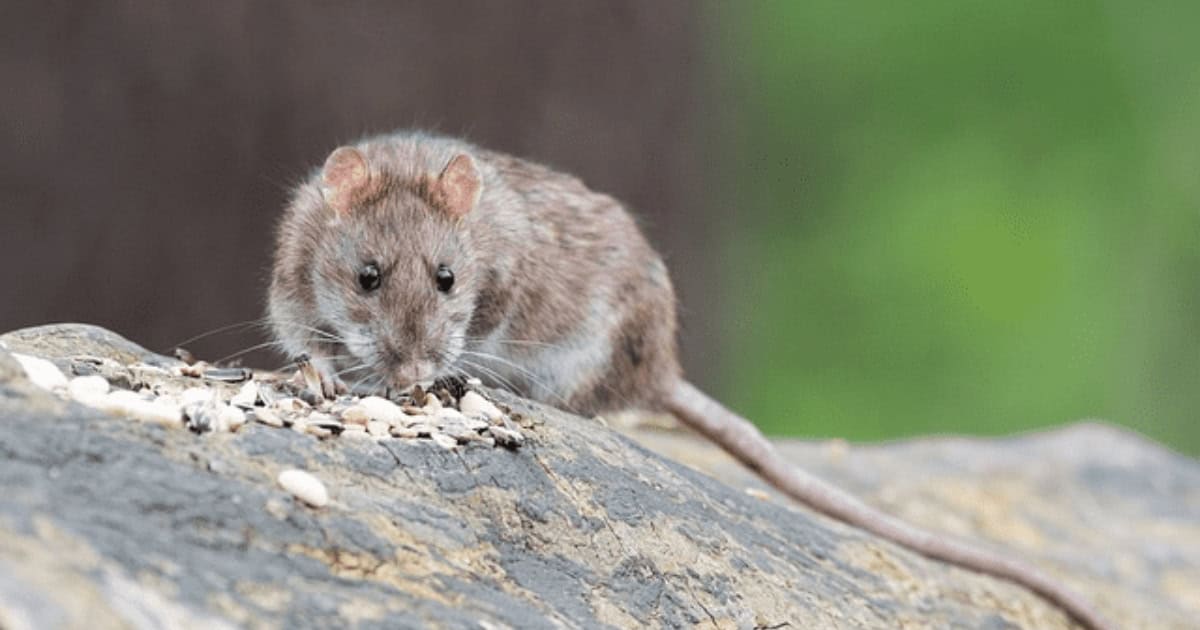
Additionally, rats are very good at adapting to harsh conditions and therefore can survive much longer than other animals without food or water.
In Australia, the introduced Black Rat and Brown Rat are both pests. The native Australian Bush Rat does not usually bother residential areas.
Are Rats Different to Mice?
Rats and mice are both rodents, but differ in size with rats being larger and heavier than the smaller, more slender-bodied mouse.
Plus their tails tell them apart – while rat tails are shorter and thicker without fur; a mouse tail’s extra length is covered by hair.
Why are Rats a Problem?
- Rats will eat your chicken eggs.
- Rats may eat baby chicks. They usually don’t attack grown chickens.
- Rats attract other predators to the coop who want to eat the rodents. These can include cats, goannas, snakes and birds of prey. When the larger predator comes to your coop for rodents, it may also take your chickens.
- Rats can chew on the timber and cause damage to your chicken coop.
- Rats will eat your chicken feed.
- Rats can carry diseases, harmful bacteria, lice and mites.
- Rats will make your coop smell bad as their urine is very pungent.
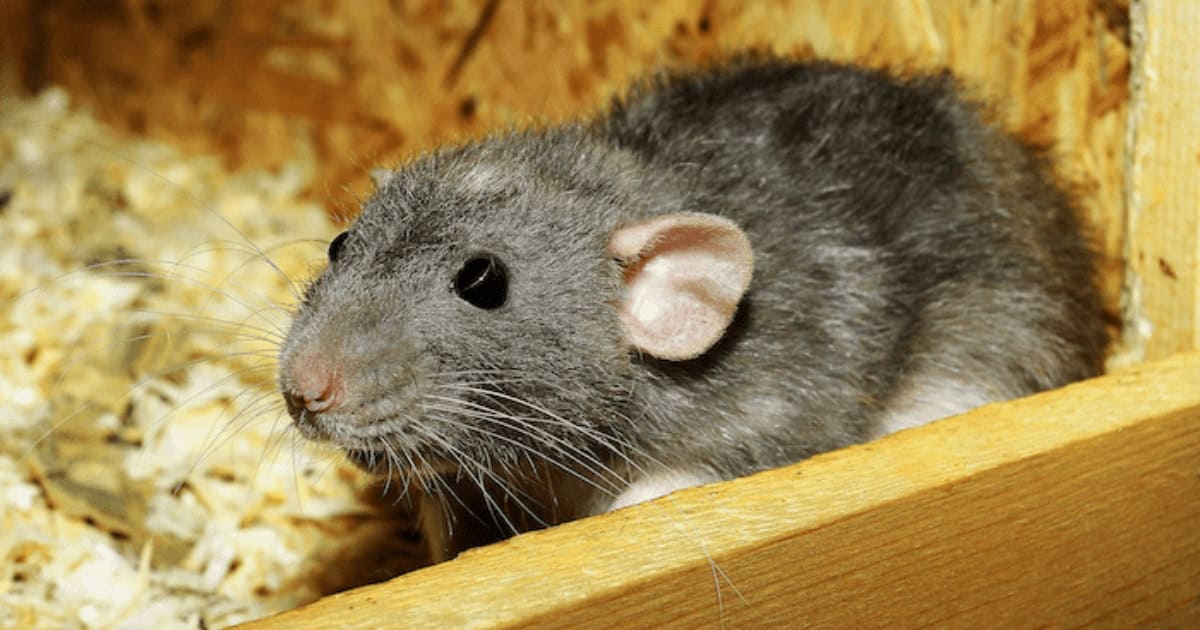
Preventing Rats
One of your biggest fears is probably the thought of a rat infestation in your chicken coop. Rats can do both minor and major damage to poultry.
But fear not! While rats are stubborn pests that are hard to keep out completely, there are quite a few steps you can take to make sure they stay away from your beloved flock.
Use a Treadle Feeder
Feed your hens using an Automatic Treadle Chicken Feeder. This style of chicken feeder has a closed lid. The chickens must step onto the treadle at the front to open the lid and access their feed.
Rats are not heavy enough to open the lid. And even if they were, they are not tall enough to access the food inside while still standing on the treadle.
Remove all Scraps from the Run at Night
Remove any spilled feed or uneaten scraps from the coop floor late each afternoon. Rats are able to smell food sources from far away. Both chickens feed and scraps will attract them to your coop overnight.
It’s not just chicken food they love! Be aware that leaving out any pet food in your yard will attract rats. Put away dog and cat food after dark and empty bird feeders.
Store Chicken Feed in Secure Containers
Keeping chicken feed stored in a secure container with an airtight lid is one of the most important things you can do to keep rats out of your backyard.
Not only will rodent proof containers maintain the freshness of your feed, but they will help protect it from becoming an attractive snack for unwanted visitors.
Never leaving chicken feed out where rodents can find it! Store feed bags are not sufficient as rats will be able to chew through them.
Remove Eggs Daily
Taking the time each day to remove eggs from your nesting boxes is a small but necessary habit to form in order to keep rats away. It will only take a few minutes and could pay huge benefits for your flock’s safety!
Removing the eggs ensures you won’t create an environment that invites rodents in, reducing their incentive to stick around.

Manage your Compost Heap
Composting is a great way to get rid of food waste and uneaten garden veggies. Unfortunately, rats like to eat compost so this can attract them to your yard. Rats will eat practically anything!
Compost bins also make an effective shelter for rats as they are warm. Make sure your compost bin has a lid and seals shut, with no gaps that rats could squeeze through.
Regularly turn your compost and hose it with water, to prevent rats creating nests and having rat babies in your compost bin. Avoid putting cooked food in the compost too as it is more likely to attract rats.
Trim Grass Around Your Coop
Keeping your chicken coop and its surroundings tidy is an affect method of rodent control.
Trimming the grass and shrubbery around the coop regularly is one way to deter rats from snooping around, as they often like to hide in tall grass where they feel safe.
Also keep the coop area and your yard free of rubbish and any unnecessary items that rats love to hide in.
High Quality Coop
The best protection against rats is housing your chickens in a secure coop and run. Choose a coop with strong, galvanised wire mesh on the sides. Holes in the wire mesh should be 11mm x 11mm or smaller, to prevent rats squeezing through.
If your chicken run is going to sit on grass or dirt, rats could dig their way in underneath. Choosing a chicken coop with a wire mesh floor will prevent this. Alternatively, you could place your coop onto a solid base, such as concrete pavers.
Ensure your coop is made from high quality, rot resistant timber. Rotting timber is easier for rats to break through.
How do I Get Rid of Rats in my Chicken Coop?
Once you have a rat infestation, it can be very difficult to get rid of them. Luckily, there is hope with these handy tips:
Regularly Check for Signs
A rodent infestation is easier to handle early on. The longer you wait, the harder it is to get rid of rats. Regularly check your chicken coop and backyard for signs of rats.
These may include seeing rat droppings, coop timber gnawed on, footprints, missing eggs, hearing scurrying noises, or strong smells of rat urine. If you see one rat, chances are there are a lot more you don’t see and you have a rat problem.
Set Traps
If you suspect you have rodents, set up rat traps. They are very effective at sorting out a rat problem! Make sure you place them outside the chicken run where young chicks, adult chickens or other pets cannot access them.
You can purchase either humane traps or snap traps. Avoid old fashioned glue traps which are inhumane. Dead rats smell awful so be sure to check and empty your traps daily.
Get a Cat
Having a pet cat is an excellent way to discourage rats from making themselves at home in your backyard or chicken coop. Cats are natural born hunters and remarkably agile. This means they can provide highly effective pest control. The odor of a cat can also act as a deterrent to discourage more rats from coming by.
Poison
Poison blocks or pellets are an effective way to kill rats. However, using poison for killing rats should be a last resort. If a poisoned rodent is eaten by your chickens or other pets, it could poison them as well.
Even if you put the bait in an area your chickens can’t access, the poisoned rat could run into the chicken run to die.
Will Chicken Wire Stop Rats?
The best way to protect your backyard chickens from rats is to house them inside a coop with chicken wire on the sides. But not all chicken wire is created equal!
It is essential you choose a coop with strong, galvanised wire mesh that will not rust. If you choose a lower quality chicken wire, it may rust and snap over time – allowing rats to easily break into the coop.
Also look at the size of the wire. Wire mesh should have holes less than 11mm x 11mm to prevent rats squeezing through. All of Somerzby enclosures have high quality wire mesh that will keep your coop rat free. Check them out, here.




